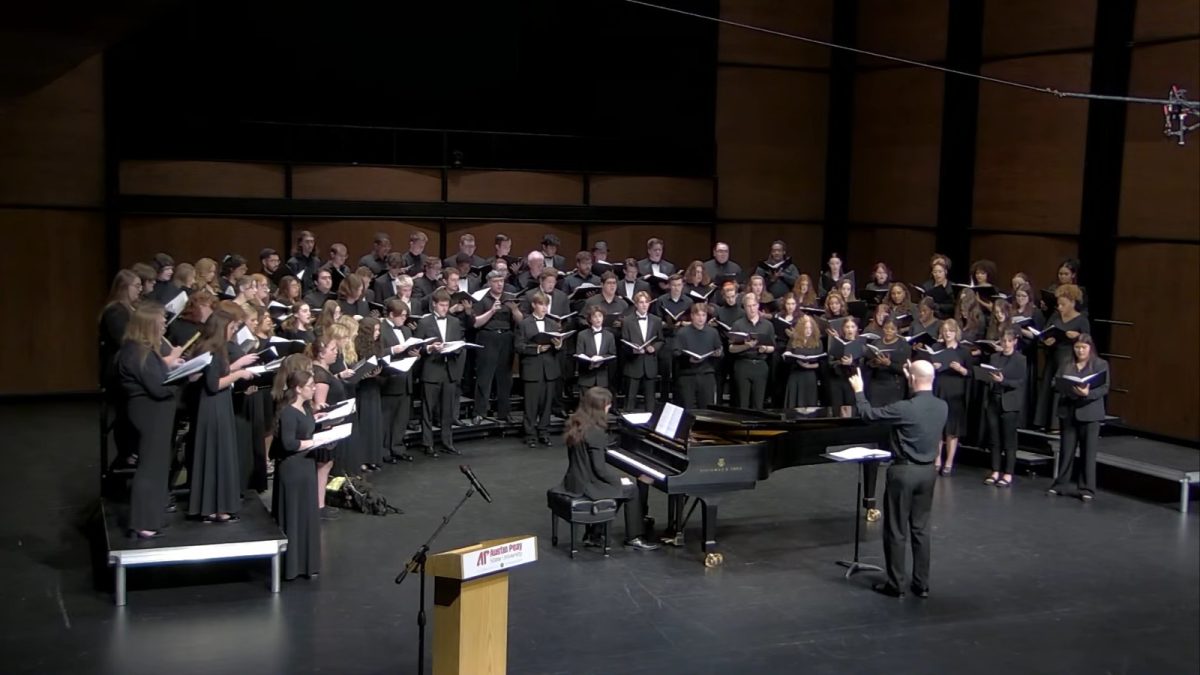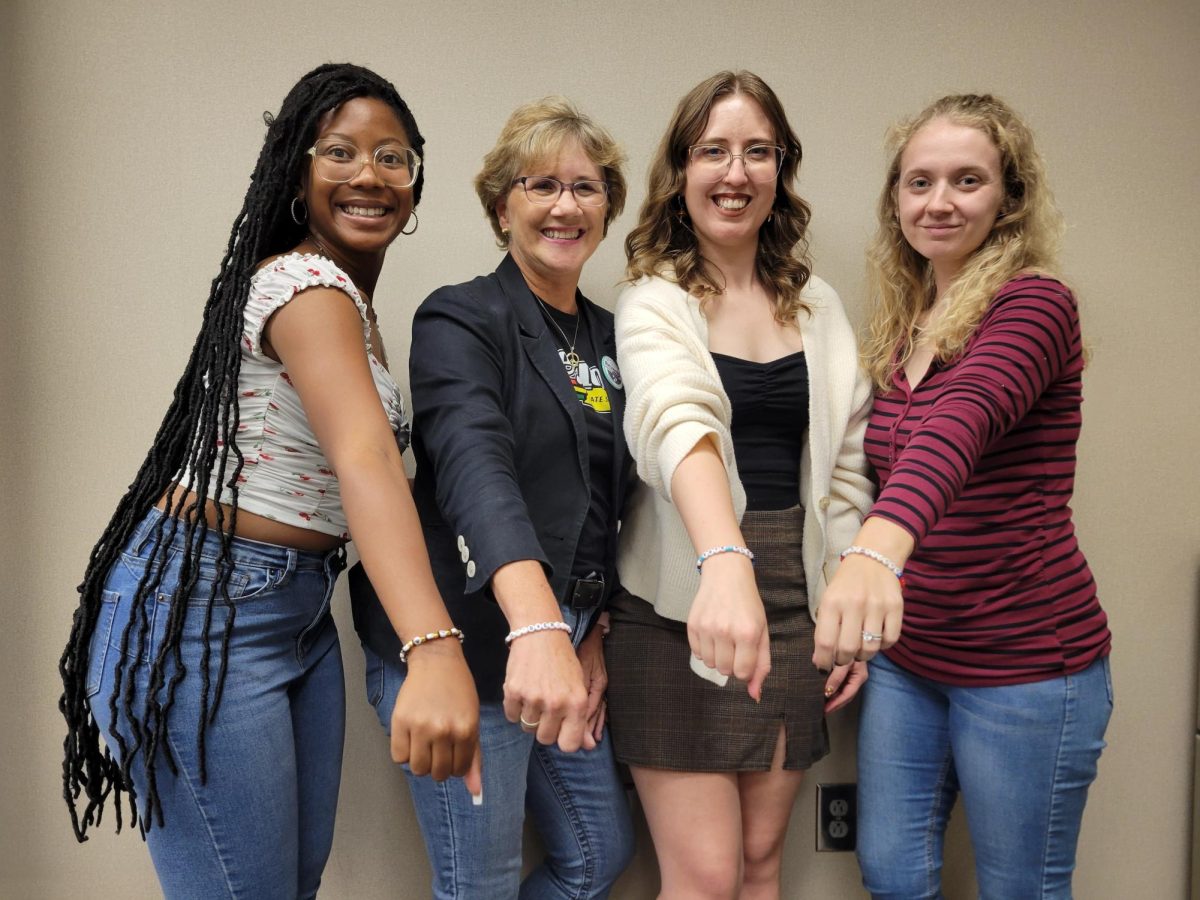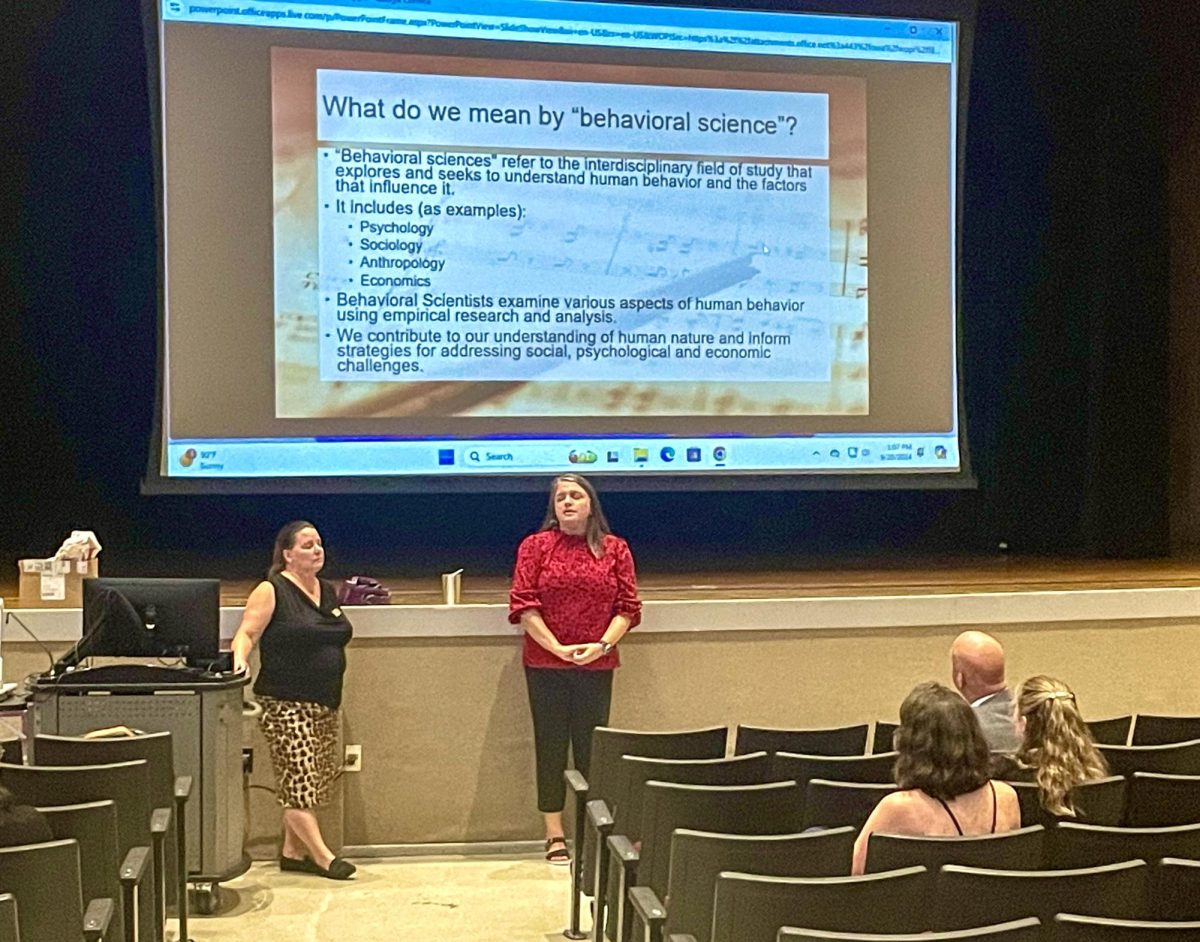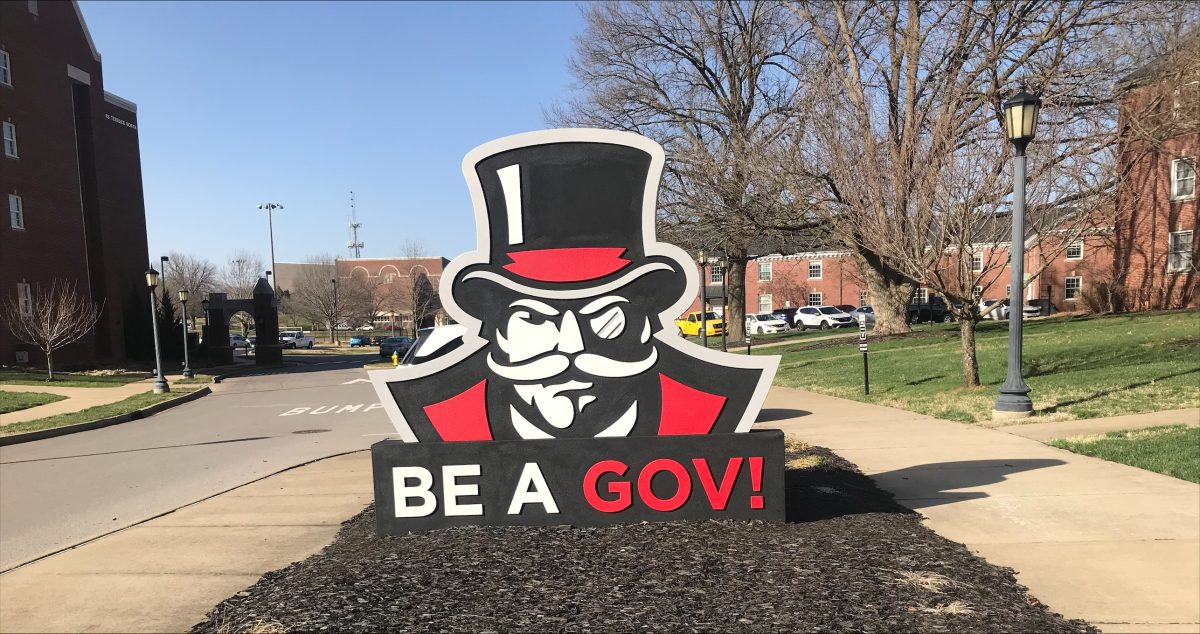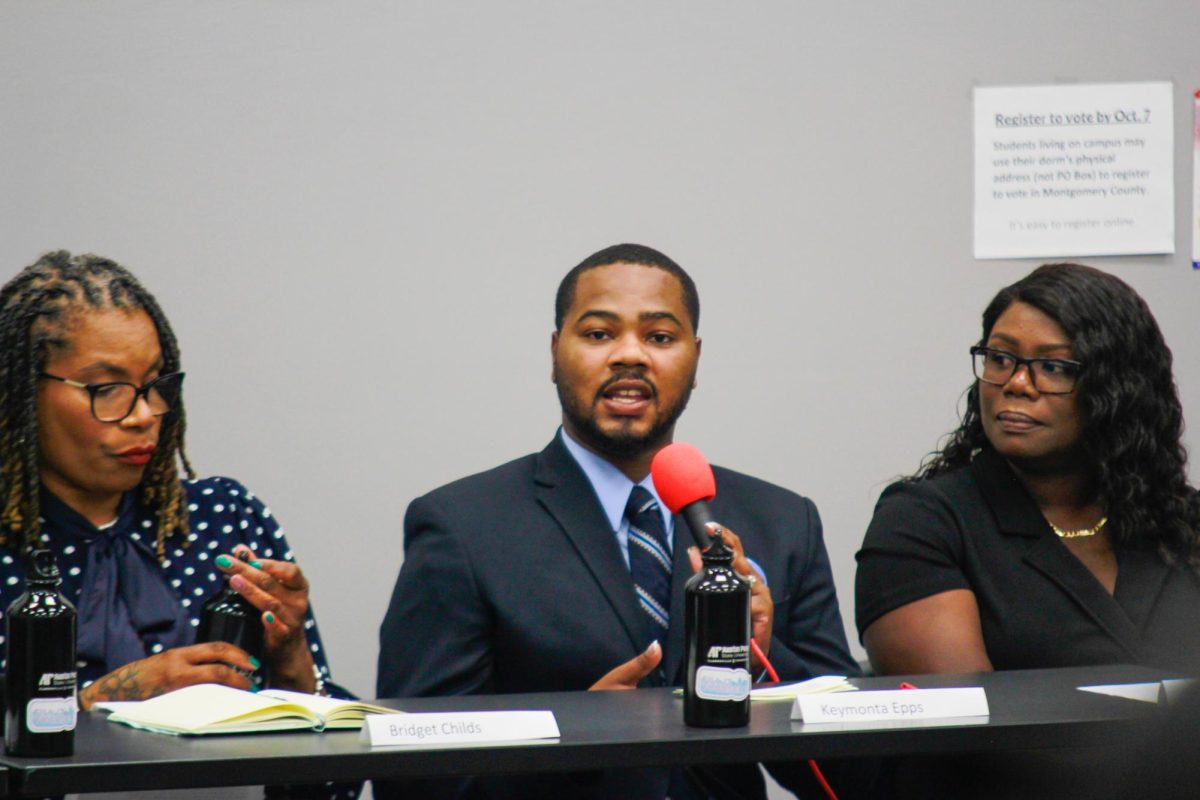The rules were introduced last year as the department was processing claims from thousands of students who say there were defrauded by for-profit colleges.
Under the borrower defense rules, students could have their loans erased if their college misrepresented the quality of its programs or broke a “contractual promise” with its students. The gainful employment rule was designed to ensure that graduates would be able to earn enough money to pay off their student loan debt.
DeVos said in a statement Wednesday that the regulations were “overly burdensome and confusing” and need to be streamlined.
“The result is a muddled process that’s unfair to students and schools, and puts taxpayers on the hook for significant costs,” DeVos said.
She said many colleges have complained that the definition of misrepresentation and breach of contract is too broad and that institutions lacked meaningful due process. The Education Department will conduct hearings on the regulations in July.
“It is the department’s aim, and this administration’s commitment, to protect students from predatory practices while also providing clear, fair and balanced rules for colleges and universities to follow,” DeVos said.
She added that nearly 16,000 defense claims that are currently being processed by the department will be fulfilled. “Promises made to students under the current rule will be promises kept,” she stressed.
Eight states and the District of Columbia filed a motion in federal court Tuesday seeking to retain the rules.
“The borrower defense regulations provide critical protections for borrowers who were subjected to misleading and predatory practices by their postsecondary institutions,” the motion says. It was filed in the case California Association of Private Postsecondary Schools v. Betsy DeVos.
Massachusetts Attorney General Maura Healey added that she plans to sue the Education Department “to defend these critical regulations and the rights of our students and taxpayers.”
“This is a betrayal of students and families across the country who are drowning in unaffordable debt,” Healey said in a statement.
The Obama administration had led a crackdown on for-profit colleges accused of misconduct. The Corinthian Colleges chain was under heavy pressure from the Education Department when it shut down in 2015. In that case, more than 15,000 student claims for loan discharge because of fraud have been approved, totaling $247 million in loans.
Last year, the ITT Technical Institute, one of the nation’s largest chains of for-profit colleges, shut down, saying it couldn’t survive sanctions by the department. The chain had been accused of misleading students about the success of its graduates and was at risk of losing its academic accreditation.
Rohit Chopra, a senior fellow at the Consumer Federation of America, lamented DeVos’ decision to revise the rules.
“This will lead to more students saddled with debt they cannot afford with taxpayers left on the hook,” Chopra said. “The current rules require schools that cheat their students to pony up funds for refunds. This helps to ensure that lawbreakers pay, not taxpayers.”
Betsy Mayotte, director of consumer outreach and compliance for American Student Assistance’s Center for Consumer Advocacy, said the current regulations protect students who are misled into over-borrowing for underperforming programs.
“Students shouldn’t have the pause button hit on their consumer protections, and this isn’t the time for the Department of Education to step back from their responsibility to protect federal loan borrowers,” she said.
But Steve Gunderson, president and CEO of the industry lobbying group Career Education Colleges and Universities, said in a statement that DeVos’ actions would both protect students from academic fraud and “their schools from ideological efforts geared to destroy postsecondary career education.”
Natalia Abrams, executive director of Student Debt Crisis, an advocacy group, said the decision sends a clear message that “Millionaires and big businesses can take advantage of the American people for huge profits, but in the end students and their families are footing the bill.”



